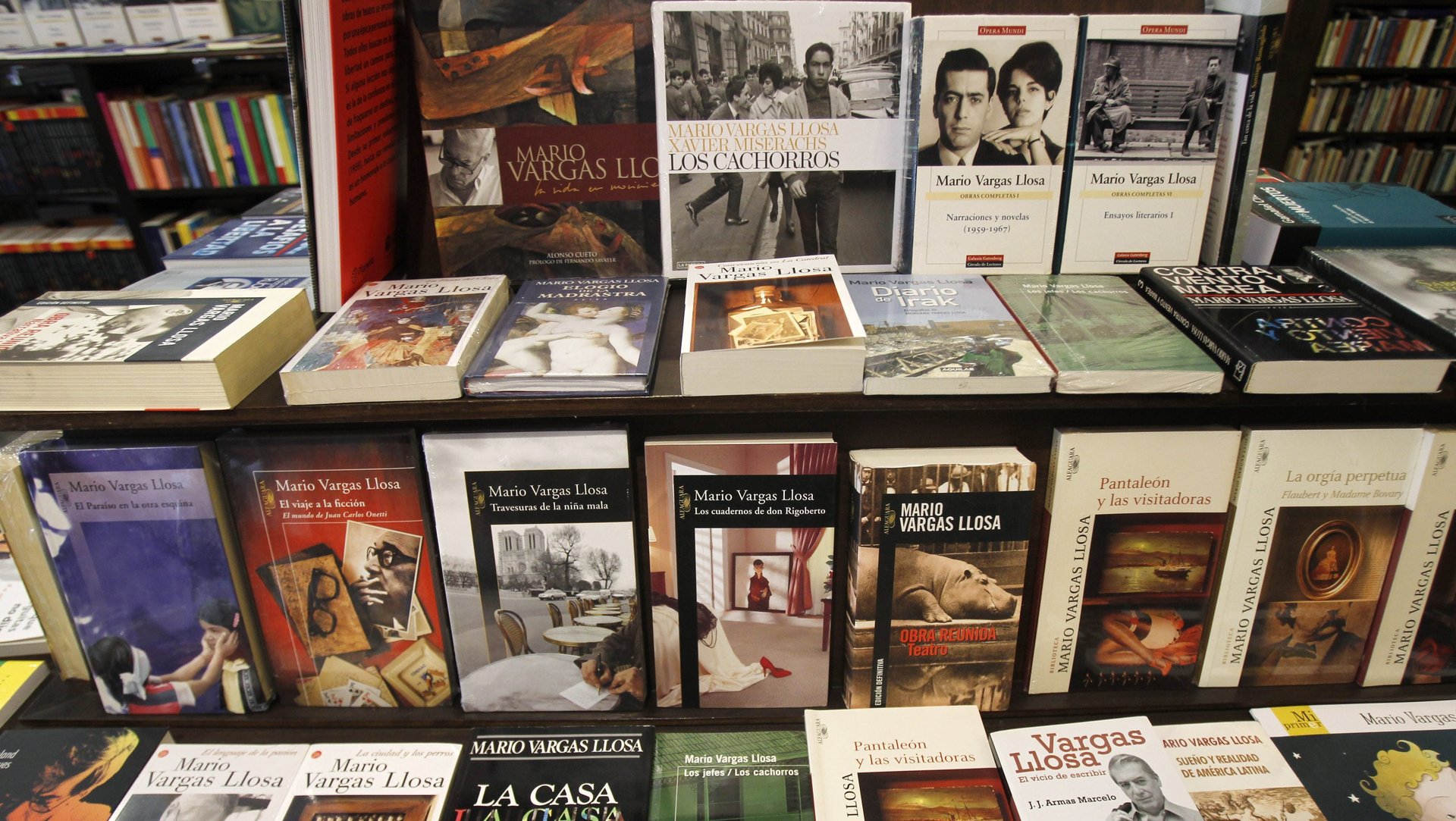The US national book award now recognizes not all great books are in English
The committee for the US’s biggest book prize is looking past its borders.


The committee for the US’s biggest book prize is looking past its borders.
The US National Book Foundation announced that it will add a fifth category in its next award cycle for books translated into English. The usual $10,000 cash prize awarded to individual authors in the other categories—fiction, nonfiction, young people’s lit, poetry—will be split equally between the author and translator. Neither has to be a US citizen.
It might seem a bit odd to have a prize called the National Book Award, whose promise is to “honor great American books,” go to a non-American, non-national book. But perhaps for the sake of supporting translation work, it should be overlooked. Only a tiny sliver of the books published in the US and the UK are originally written in a language other than English, and you know it’s hard out here for a polyglot scholar.
“The American reader doesn’t live in a vacuum determined by geography, and therefore we can’t either,” Lisa Lucas, executive editor of the foundation, says in an email. “We will always be devoted to the celebration of great American literature, but the addition of literature in translation means that we can shine a light on all the work published here and read here, that originates elsewhere.”
The foundation has given out a translation prize previously, from 1967 to 1983 (skipping the year 1976). By picking it up again now, it follows in the footsteps of the Man Booker, a once Very British book prize that’s been getting more global and dropping money on translators. In 2016, the Booker Prize foundation decided that its spin-off prize, the Man Booker International, would have a £50,000 cash prize (about $71,000 and the same as the main prize) split equally between the author and translator.